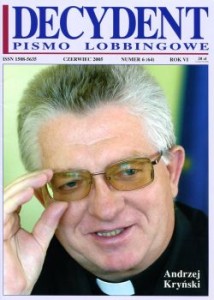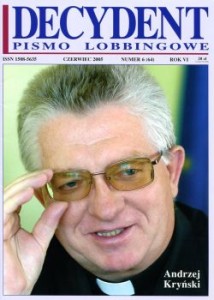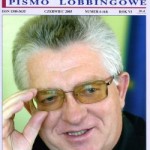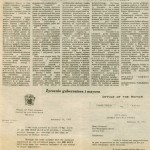8 czerwiec 2008
Building a brand
The Polonia University defines its mission in the educational sphere with the following words: an interdisciplinary approach – innovation – Europeanisation – professionalism. Our educational establishment’s activities are above all directed at cultivating in young people an ability to look critically at various problems which demand taking specific decisions. Our intention is that our alumni will be able to be responsible members of the European Community and will be able to live in accordance with responsible principles and participate in the shaping of Poland’s new countenance – saying Monsignore Andrzej Kryński, Rector of the Polonia University in Częstochowa (town south of Poland).














MY PERSPECTIVE
Demolition time
The Kaczyński brothers have announced the creation of the 4th Republic. However, it looks like they are currently at the stage of completely dismantling and destroying the structures set up after the fall of communism. więcej...